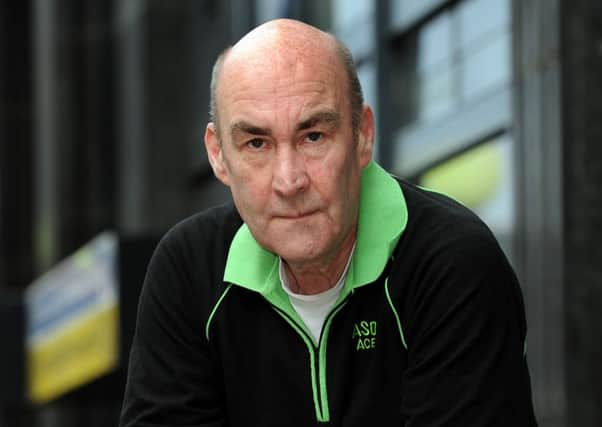Armed Forces veterans being helped to start a new life


There were various protests but to little avail. While the factories, including one in Leeds, provided a lifeline for the disabled people who worked there, one by one they closed. For a while it seemed like Remploy had also been consigned to history.
However, the organisation didn’t disappear, it just reinvented itself and with the backing of government grants and some of the country’s biggest employers, including BT, Asda, Morrisons, Royal Mail, Sainsbury’s, the NHS and Marks and Spencer, it’s again in the business of getting people back into work.
Advertisement
Hide AdAdvertisement
Hide AdOne particular target has been ex-servicemen and women who often struggle to adapt outside the Armed Forces. At one open day, Ian Sawyer was among those who turned up to see what Remploy had to offer. Ian had worked in the RAF as an aircraft engine technician. He signed up in 1976 when he was just 17-years-old, but since leaving in 1985 life has been challenging.
In recent years, the 55-year-old has suffered from depression and lacked the motivation to get back into work.
“I had lost a previous job through depression,” says the father-of-three. “ I had been unemployed and on the dole and was feeling really down about everything. I couldn’t imagine a way out.”
However, after working with Remploy he rediscovered his old confidence and after training in health and safety he is now a permanent employee in Asda’s facilities operation in Morley.
Advertisement
Hide AdAdvertisement
Hide Ad“Remploy have been brilliant and really helpful,” he says. “I would recommend them to anyone feeling they need a push. I now look forward to going in. I would say to anyone to ‘make that call, make an appointment. You won’t look back’.”
A lot of the training courses now run by Remploy are about boosting confidence, says Ithfaq Hussain, the manager of the Leeds city centre branch.
“We have some great success stories, where people’s lives have been changed. Many people suffer from a hidden disability which is not always visible or apparent, such as diabetes, epilepsy or mental health problems.
“Some people don’t speak about their chronic condition or how much they have to cope with and can feel ashamed. We will help get them work-ready and go through the basics, from having that first job interview, to training in health and safety, to learning certain skills needed for a particular job.
Advertisement
Hide AdAdvertisement
Hide Ad“Others may have had a successful career previously but due to stress, depression or anxiety, they have become unable to manage. We work with companies who may tweak the job description to meet individual needs, for example if a person needs extra breaks or to work different hours, or a later or earlier start time to suit them.”
Remploy, which remains Government funded, is also one of 50 companies signed up to the new Armed Forces Corporate Covenant. Through the scheme veterans, including many injured in active combat, are matched with suitable roles.
“Our Armed Forces and Veteran’s Service is there for ex-forces staff. It can be tough for people who find themselves living with a physical disability after being so active. We have links with all kinds of companies and can match people with suitable work. We know how tough it can be to get back into work, both for someone who has sustained a physical injury during conflict, and for someone who has post traumatic stress disorder.”